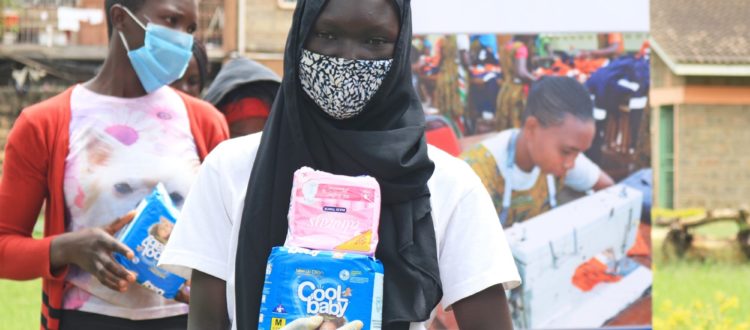The Pandemic is Trapping Girls at the Rivers? – Five Menstrual Problems of Girls in Developing Countries under COVID-19
In times of pandemic, the society often put resources and attention on sanitising essentials and forget about the importance of catering girls’ biological needs during menstruation, posing damages to their wellbeing, dignity and human rights. Plan International conducted an online survey for hygiene management professionals from 24 countries across the globe to understand the menstrual problems girls are experiencing during the pandemic. The survey collected data from 61 experts and the results are used to improve our current relief programmes. Let us read on to understand the five key menstrual issues girls in developing countries are facing now.
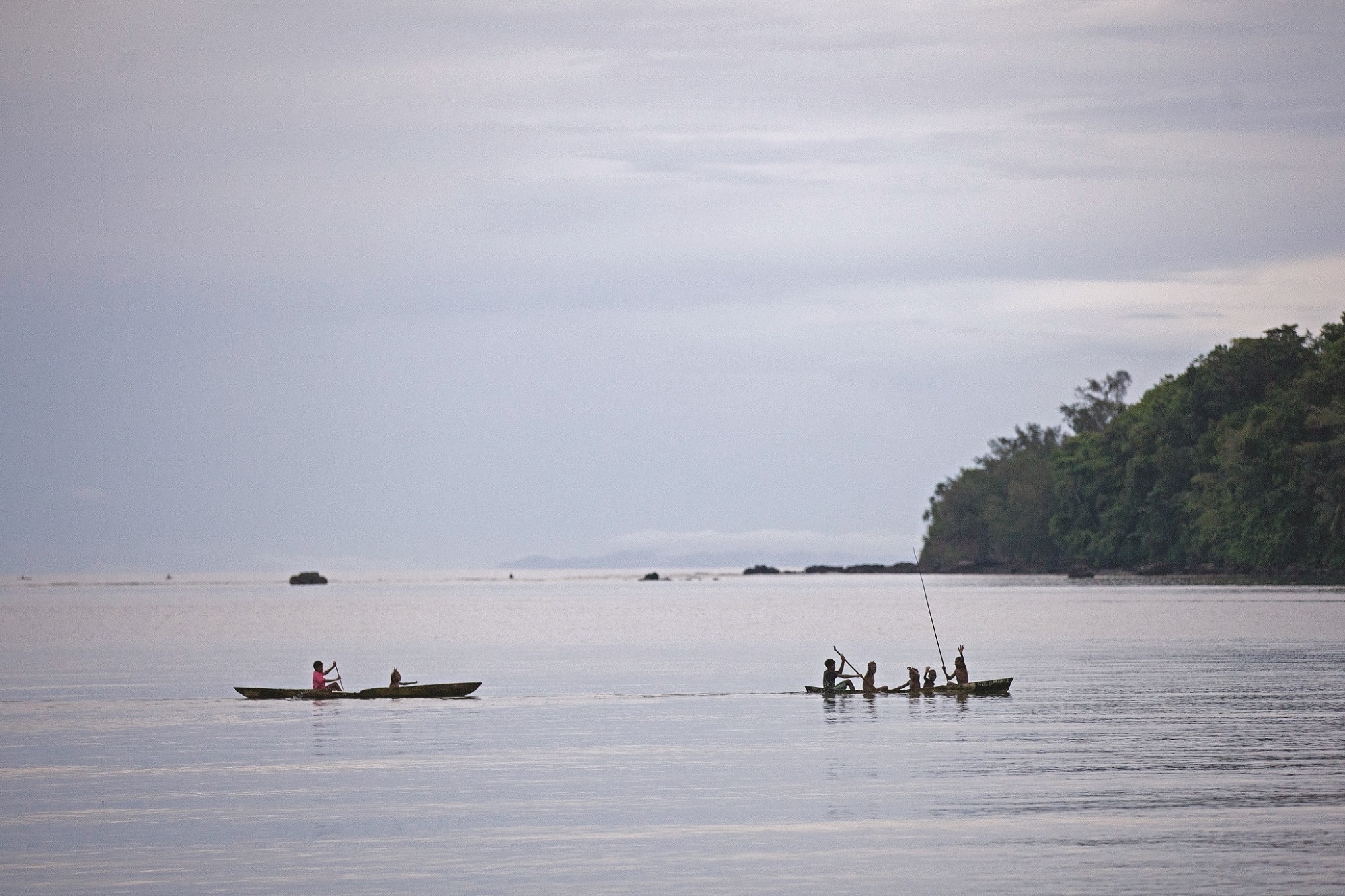
Expert discovers that girls in the Solomon Islands are forced to stay at the river or near other water sources all day simply because they have no sanitary product to contain the blood.
I. Where can we get sanitatary products when the supply chain is interrupted?
To contain the virus’ spread, many countries have imposed strict quarantine measures and these measures have led to interruptions in product supply. Transportation to remote regions has never been easy but with the imposed measures, the situation has gone far worse. About 73% of the participated experts deem the supply chain interruption has worsened the menstrual problem for girls as in they cannot get sufficient sanitary products. Since the stock is low, the quarantine period is long and people started to panic-buying all kinds of essentials, the shelves are emptied and new supplies cannot come in in time. How are girls supposed to get the sanitary products they need?
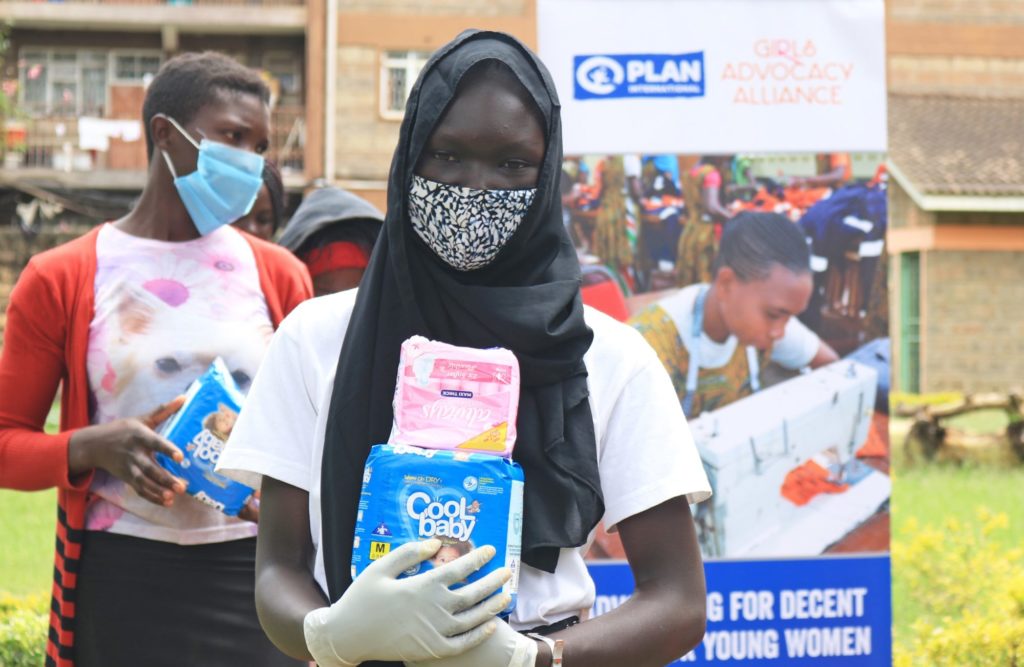
Diana from Kenya failed to get her sanitary pads from school when class suspended. Now, with the aid from Plan International, she has finally got the products she needs to get her through her period.
II. Shortage in hygiene management facilities
According to our statistics, 500 million people in the world have difficulties to access a menstrual-friendly hygiene management facility. Some of the latrines have no door, no rubbish bin or no water supply and some people have to risk being harassed, being attacked by wild animals or getting bacterial infections when they answer nature’s call in the field. These problems have escalated after schools and public facilities close down. In Asia, we already have 40% of female that are not able to have a safe, hygienic and private space to clean themselves or change and throw away their sanitary products.
Not being able to dispose used sanitary products can be a hidden problem. Experts warned that without a proper waste disposal system in many remote regions and the current situation where girls cannot throw the waste away from the living space, lots of them can only bury, burn or throw the used sanitary products into the rivers or sea. And that makes a potential media for the virus to transmit.
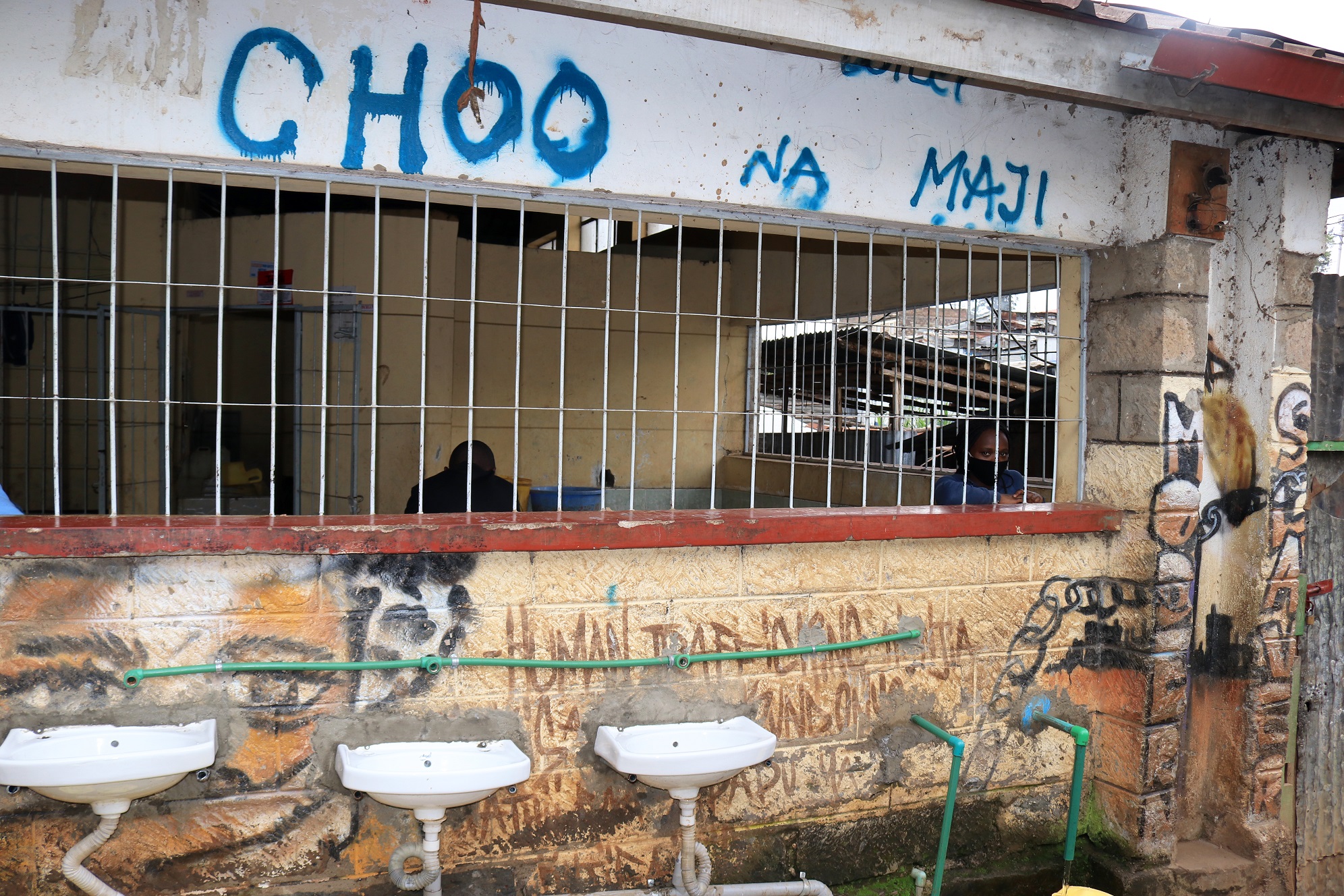
In Kenya, many public washrooms are not free of charge. With a high unemployment rate, lots of families in poverty cannot afford the cost and the girls have to find substitution to cater their menstrual needs.
III. The unaffordable sanitary pads
Nearly 60% of the experts have also noticed a drastic increase in the price of sanitary products in the market. On one hand, it is because of the shortage; on the other hand, local economic recession and inflation play a factor. Girls are forced to use some other things to replace their napkins. Take Zambia in Africa as an example, after the virus outbreak, the expert there has received messages of girls using old fabrics as napkins and it has caught their concern on the girls’ health.
IV. “I don’t even have clean water to use…”
A lot of villages has always relied on underground water and rain as their main source of water supply and people have long been struggling to secure the supply. Now, with the increase in demand in water to carry out disinfection and cleaning measures, water supply has become a huge problem. 51% of the area has reported back that local girls and women cannot get clean water to maintain hygienic during menstruation. The situation is not what we can imagine given that we have ‘unlimited’ supply of water in the city.
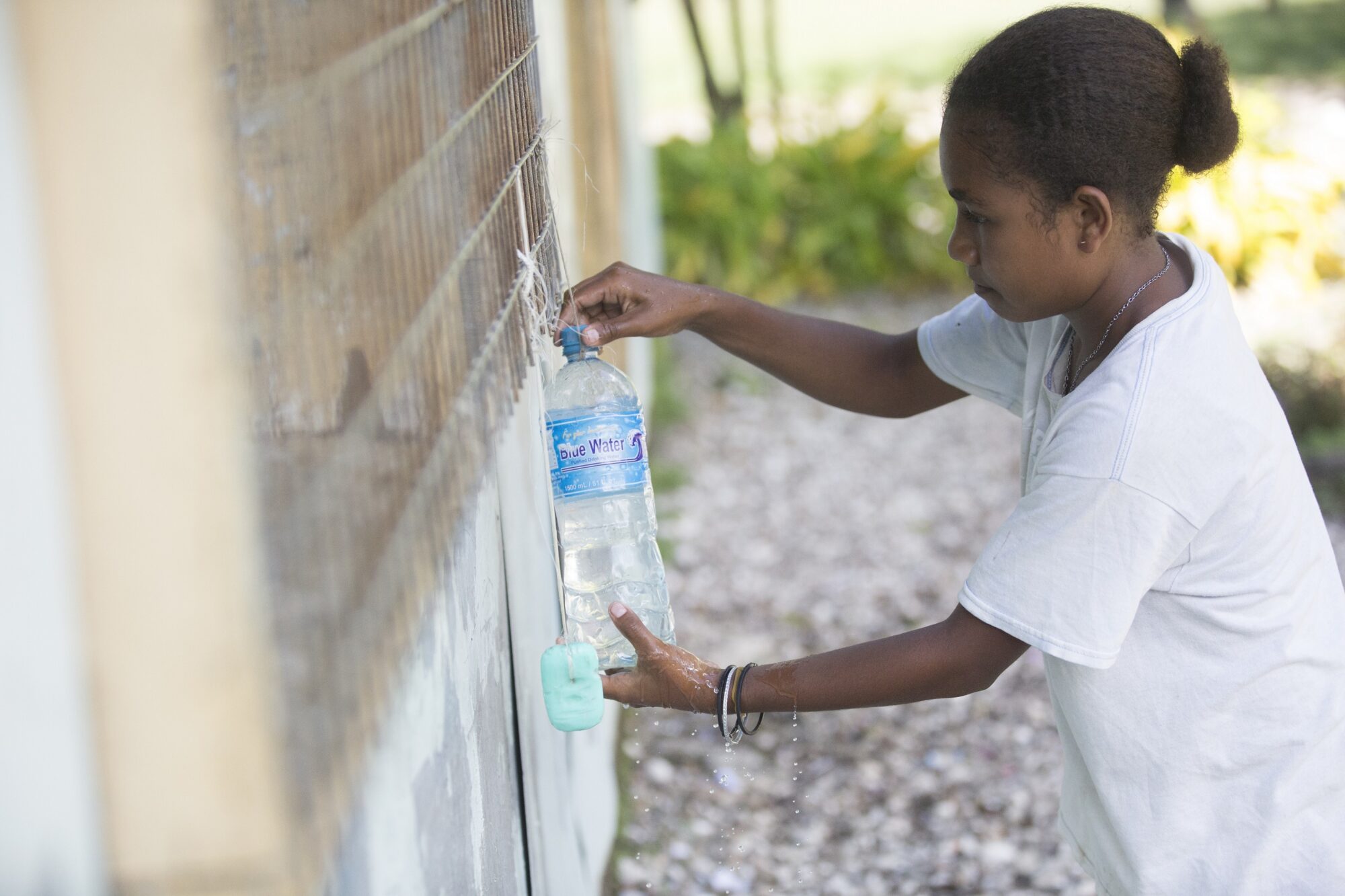
Antiviral work requires a large amount of water. As menstruation has not been seen as an essential and urgent need, there is often no water left for girls to keep clean.
V. Hygiene management education suspended and taken over by period shaming
Following the closedown of health centres, community centres and schools, gender and reproductive education as well as anti-period-shaming projects, have to suspend also. Meanwhile, many girls are facing their first period with absolutely no preparation and understanding and many more are discriminated, isolated or viewed as a financial burden because of their menstruation. How to help these girls escape their menstrual nightmares has become one of the biggest challenges NGO have in the times of pandemic.
